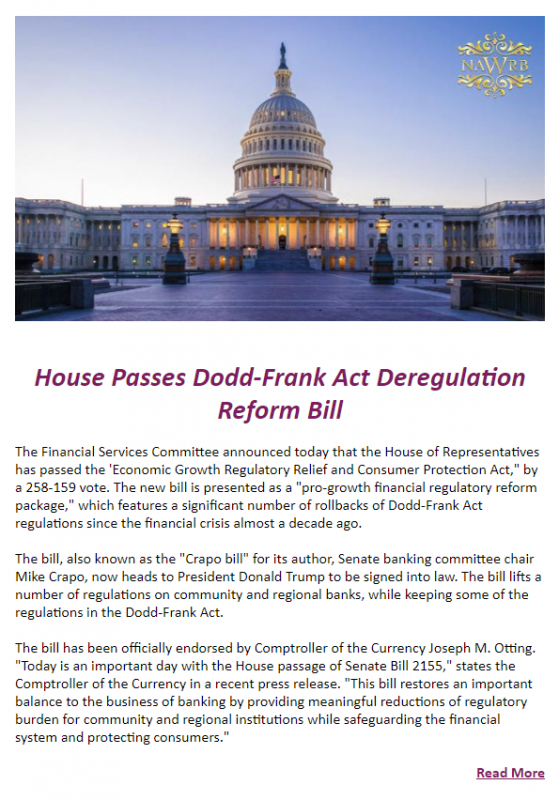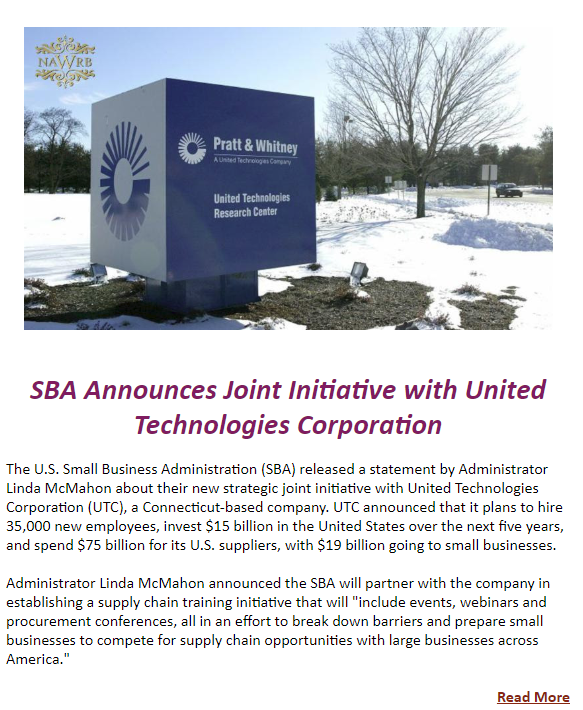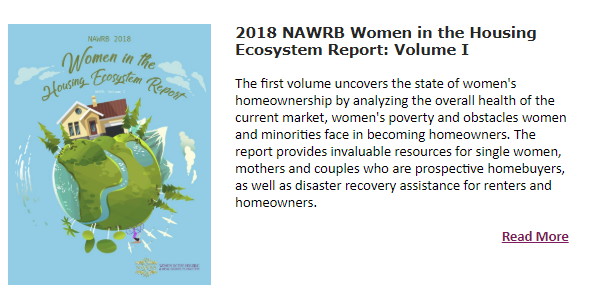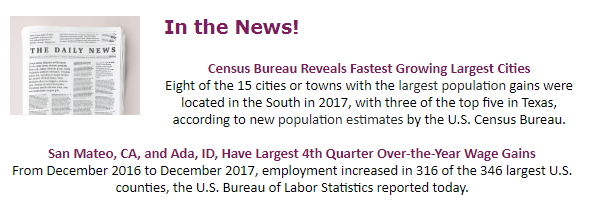In the year 2018 we have observed milestones for the history of women’s social and economic independence. It marks the anniversary of two important pieces of legislation that helped women achieve economic growth through business ownership as well as homeownership—two interrelated tools that are pivotal for personal wealth building.
The Fair Housing Act, an act that tackled discrimination in the housing sector, has been in effect for 50 years, while the H.R. 5050 Women’s Business Ownership Act, which made it possible for women to take out a loan without a man’s signature, has been helping more women become entrepreneurs for 30 years.

 Login
Login













































 Recently, the National Association of REALTORS® (NAR) reported that the highest home buying demand in years is being stifled by tight inventory. In this article, I will demonstrate how you can increase your available inventory by embracing homes in need of renovation.
Recently, the National Association of REALTORS® (NAR) reported that the highest home buying demand in years is being stifled by tight inventory. In this article, I will demonstrate how you can increase your available inventory by embracing homes in need of renovation.

